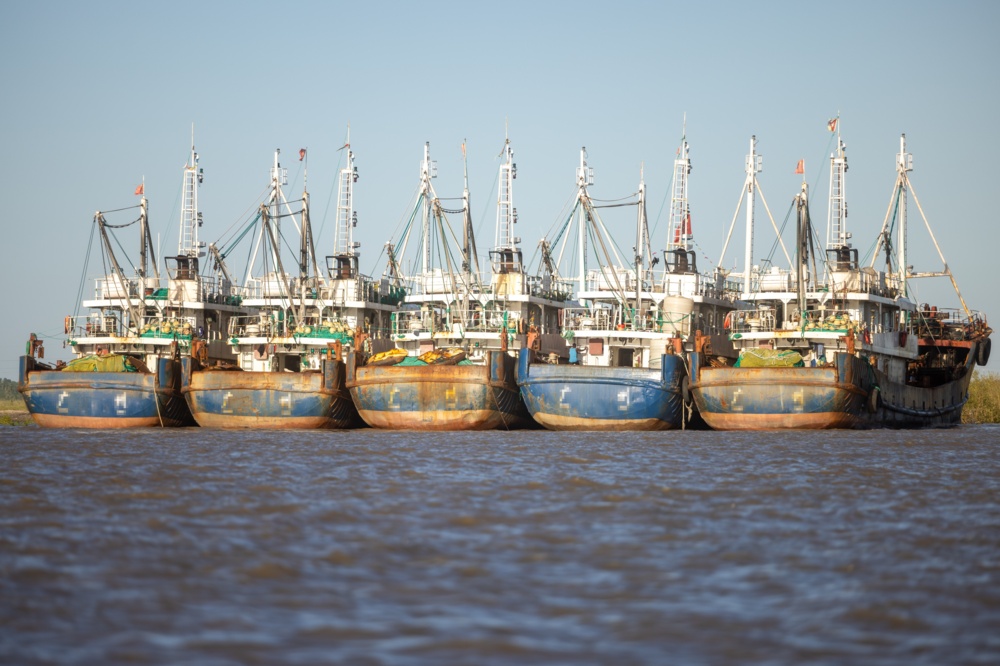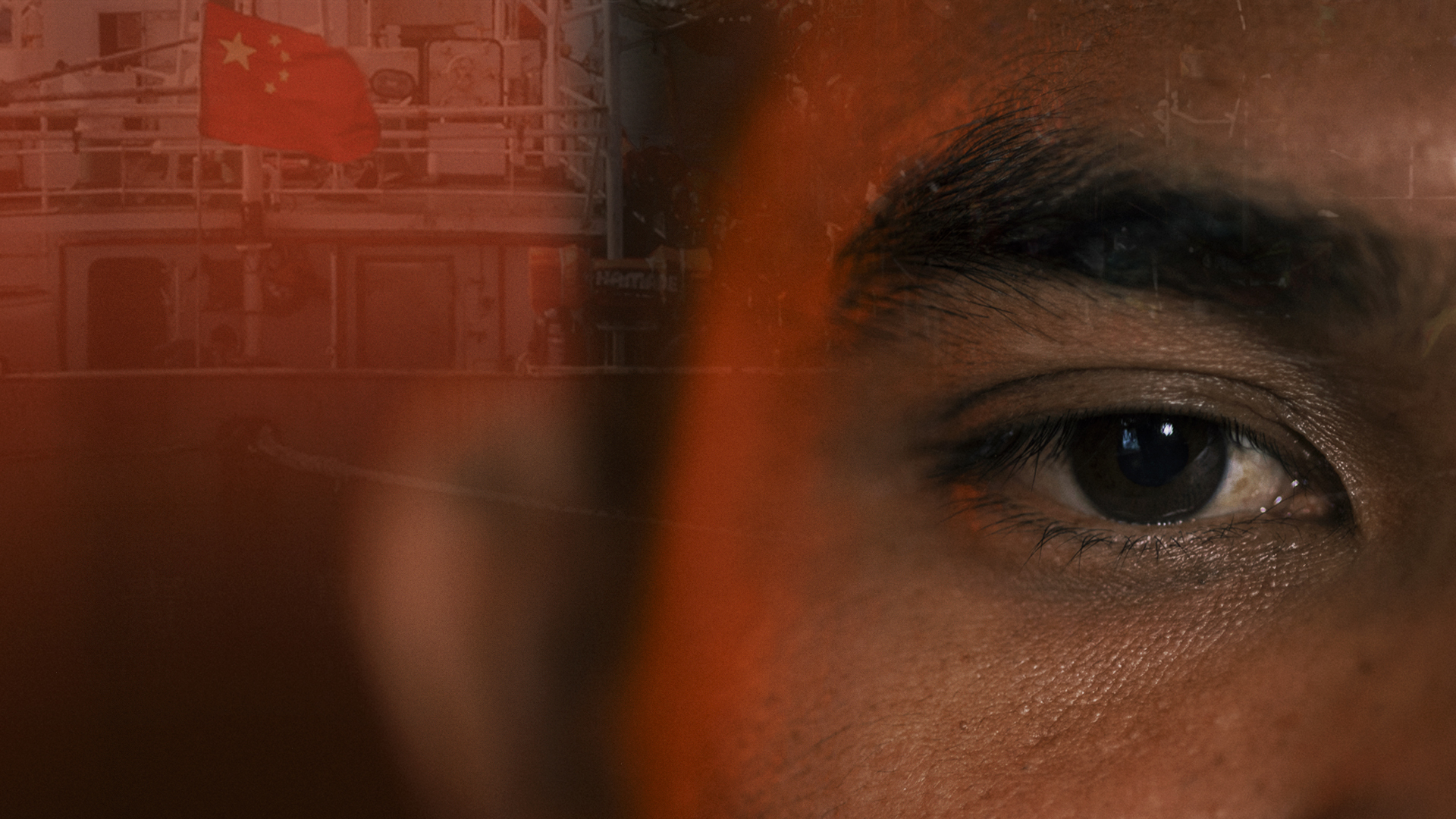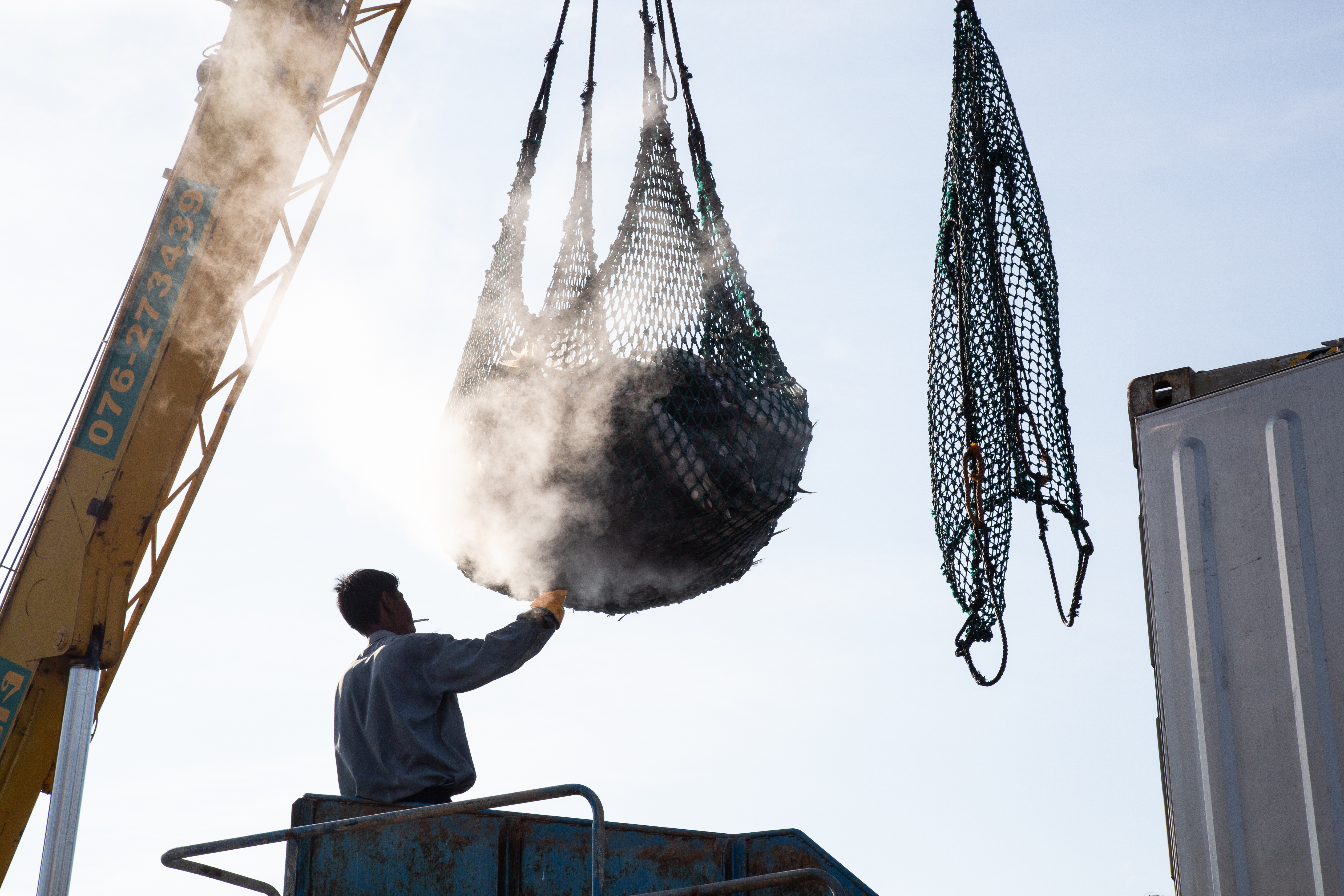
Press Release: The European Parliament has a golden opportunity to combat systemic environmental and human rights abuses
The Environmental Justice Foundation (EJF) recently welcomed the recent positive progress on the Corporate Sustainability Due Diligence Directive (CSDDD) and the Forced Labour Regulation. Despite limitations, these regulations highlight the EU's dedication to ethical business practices, suggesting a potential impact beyond its borders. EJF recognises the final texts as a notable step forward for corporate responsibility, human rights, and environmental sustainability within the European Union.
These laws are urgently needed, as demonstrated by EJF’s recent investigations into the Zhejiang Ocean Family Co., Ltd. and the Brazilian cattle ranching industry. Their findings remind us that EU supply chains are highly exposed to environmental destruction and human rights abuses, including forced labour, which is a form of modern slavery.
Businesses can play a pivotal role in ending environmental destruction and human rights abuses in their global supply chains. By carrying out meaningful due diligence throughout their business activities, companies would be well placed to actively root out exploitative practices, EJF argues. Where labour exploitation in particular is identified within EU supply chains, the Forced Labour Regulation will enable the EU to prevent the products concerned reaching the single market, and in doing so prevent European consumers from purchasing such tainted products. Combined, these new laws could catalyse a race to the top on sustainable business practices, while sending a clear signal that Europe is closed for businesses who would seek to exploit people and our shared planet, says the NGO. Additionally, both laws will help protect law-abiding businesses from competing against the artificially cheap products of their competitors, made so through cutting corners on sustainability corners or exploiting workers.
Steve Trent, CEO and founder of the Environmental Justice Foundation, said: “Some of our investigations reveal horrific, systemic, widespread forced labour in EU supply chains. On board vessels from a leading Chinese fishery company, up to 80% of the workers we interviewed reported excessive overtime, in some cases working over 48 hours without breaks. They were trapped in these abusive conditions, leading to one worker reportedly taking his own life after being denied leave by the captain. Another crew member also was said to have died from illness, and his body was reported to have been kept in the ship's freezer for months.”
“European supermarket shelves have been stocked with abuse-laden goods. Our research linked well known retailers such as Carrefour and Lidl via intermediaries to products caught on these vessels. These examples merely provide a snapshot of the abuses allowed to take place unchecked. Therefore, it is vital that the European Parliament maintains the current momentum and swiftly approves these laws. In doing so, the EU will send a strong signal of the bloc’s commitment to human rights and the environment, backing these values up with actual mechanisms to prevent exploitation in supply chains."
"To tackle forced labour, the fight against it must transcend party politics. These new rules should not just be a paper tiger. To drive meaningful change, Member States and European institutions must do everything within their power to ensure they are robustly implemented and enforced. They must not shy away from banning products or indeed sanctioning companies that fail to comply with new rules, laying the foundation to end forced labour throughout the world. The EU must seize the moment by adopting the Forced Labour Regulation and the CSDDD, and work with its partners around the world to address the root causes of systemic forced labour.”
ENDS
Notes to editor
76 undersigned civil society organisations, trade unions, investors, businesses, multi-stakeholders’ initiatives and industry bodies call on Members of the European Parliament to vote in favour of the EU’s Regulation to prohibit forced labour products on the EU market in the upcoming Plenary session.
EJF works internationally to inform policy and promote systemic, lasting reforms to protect our environment and defend human rights. We investigate and expose abuses and support environmental defenders, indigenous peoples, communities, and independent journalists on the frontlines of environmental injustice. Our campaigns aim to secure a peaceful, just, and sustainable future.
Our investigators, researchers, filmmakers, and campaigners work with grassroots partners and environmental defenders around the world. Our environmental justice work aims to protect our global climate, oceans, forests, and wildlife, and to defend basic human rights.
For more information or to speak to one of our experts, please contact media@ejfoundation.org.
SIGN UP FOR OUR EMAILS AND STAY UP TO DATE WITH EJF

